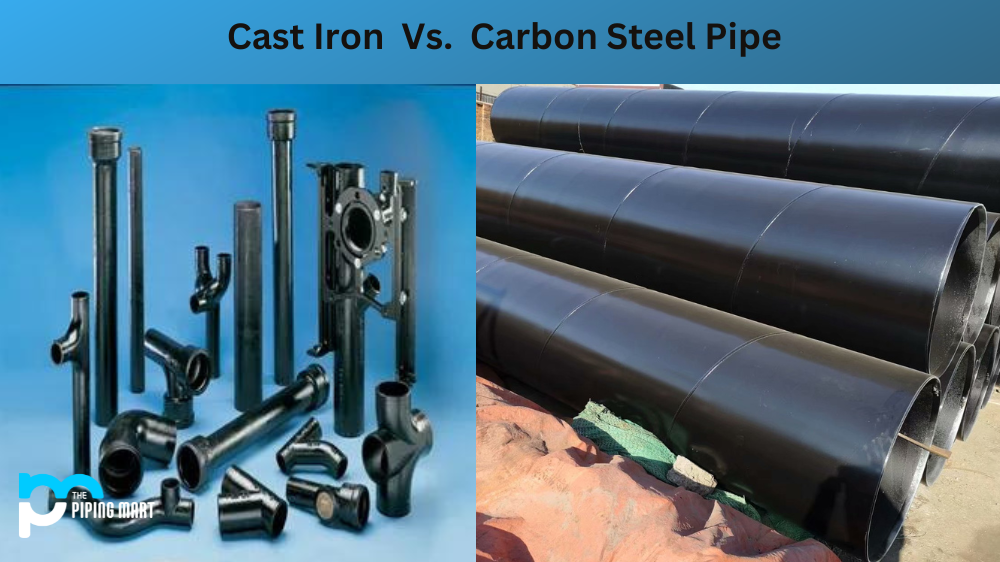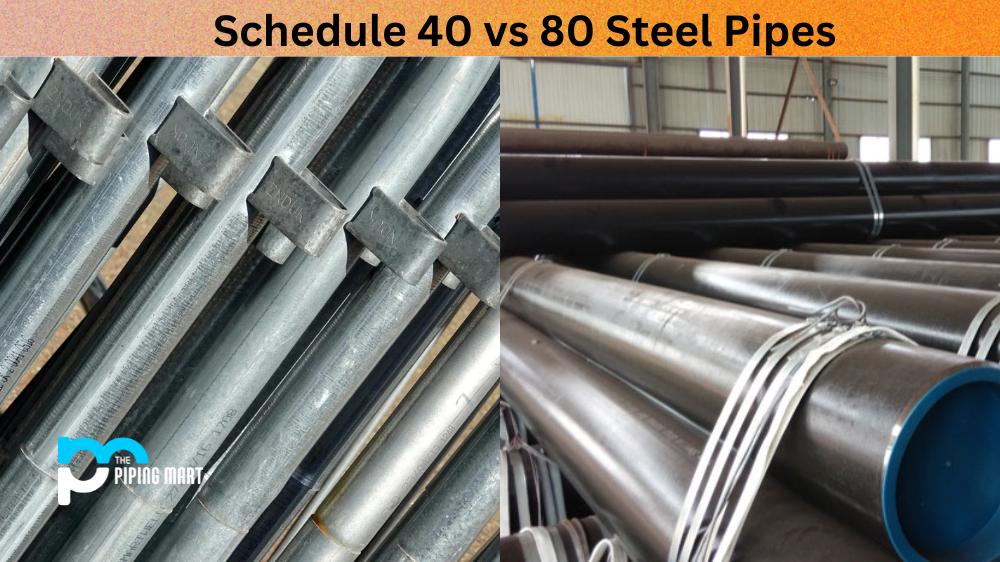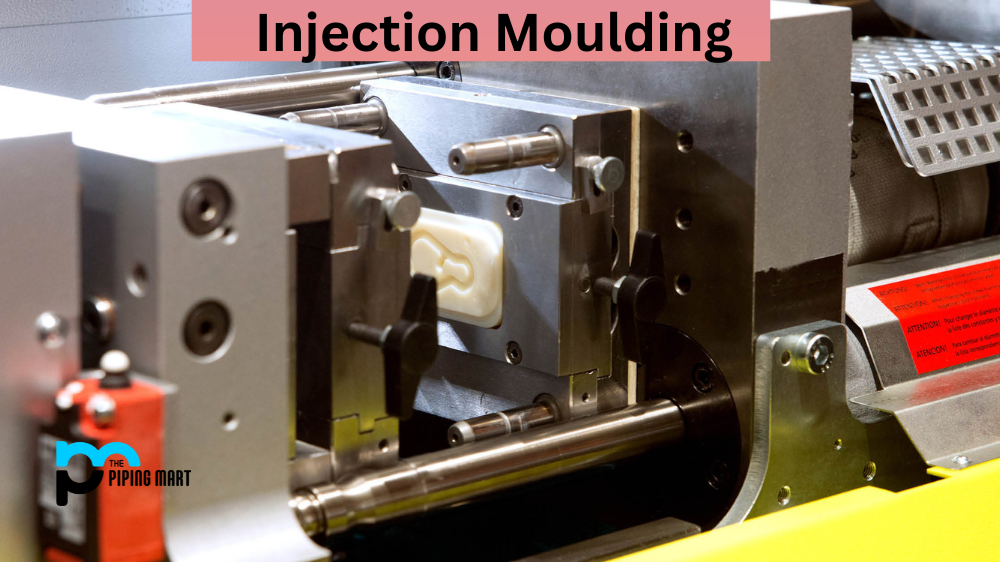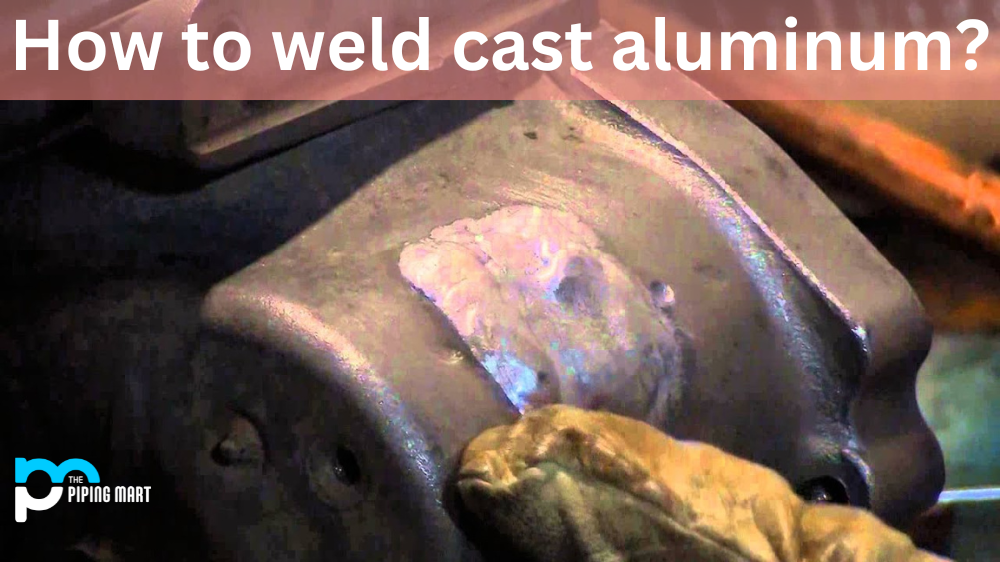Whether you’re a plumber or a contractor, it’s important to understand the differences between cast iron and carbon steel pipes. Fortunately, several key factors make each material unique and can help you determine the best suited for your project. Let’s take a look at how cast iron and carbon steel compare.
Durability
Cast iron pipe is well known for its durability and long lifespan. It can last up to 100 years in some cases. This makes it an attractive option for projects that require long-term solutions. However, this longevity comes at a price; cast iron pipework is more expensive than other materials, such as PVC or copper.
Carbon steel pipe is also very durable but less long-lasting than cast iron. It has an average life expectancy of around 60-70 years, making it suitable for short-term projects where cost savings are necessary.
Strength
Both cast iron and carbon steel are solid materials – so much so that they are often used in building foundations or supporting structures where strength and stability are paramount. However, when comparing the two materials, carbon steel is slightly stronger than cast iron due to its higher alloy content. Carbon steel will be better suited for applications requiring superior strength and structural integrity.
Conclusion:
Several essential factors must be considered when deciding between cast iron vs. carbon steel pipe. Cast iron is more expensive but offers greater longevity, while carbon steel has superior strength but a lower life expectancy overall. Ultimately, the right choice will depend on the nature of your project and any budgetary restrictions you may have – but with these two options, you can rest assured knowing that whichever material you choose, you’ll be getting a high-quality product with unbeatable performance guarantees!
Meet Heer, a dynamic and driven writer learning tricks of her trade in the metal industry. With a background in Digital Marketing, Heer brings a unique perspective to her writing, sharing valuable insights. Apart from blogging she like reading and hiking.




